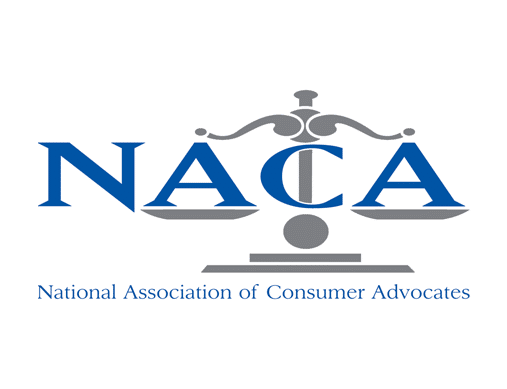Jefferson Capital Systems, LLC: bottom-feeder debt buyer is piling up complaints
“an industry-leading provider of traditional and unique recovery services for consumer charged–off accounts.”
When a bottom-feeder debt buyer touts its “unique” recovery services, you need to be very worried, because the “unique”recovery services were probably thought up by the same guy who came up with water-boarding. More than 600 complaints have been logged against Jefferson Capital Systems with the Better Business Bureau. There is a whole page of complaints with the CFPB since April 2015, and Ripoffereport.com has a bunch of info as well.
When a debt collector collects on old, charged-off debts, you should be very suspicious of the collector’s right to collect. As is documented in Jake Halpern’s book, Bad Paper: Chasing Debt from Wall Street to the Underworld, the seedy middlemen in the debt industry have been known to sell the same debt to more than one collector. Payments have been known to get lost in the shuffle of assignees, and phantom (false) payments have been known to be posted in order to renew statutes of limitations that would otherwise have expired. I’m not saying that Jefferson Capital has done these things but such things happen in the industry. That’s why it is important for you to dispute the collector’s authority to collect a debt, and it is especially true when the debt is large.
If you receive a 30 day notice to dispute a debt from Jefferson Capital Systems, or any debt buyer, you should send them a letter disputing the debt and demanding proof of when the last payment was received and how the balance was accrued,and you should demand proof of every assignment in the chain of title. If you don’t receive the documentation and they continue to collect, you should file a complaint with the CFPB and contact a lawyer through NACA. (www.naca.net) If the debt is large, you should consider hiring an attorney to send the letter disputing the debt for you. A couple hundred dollars on the front end may save you thousands if it keeps you from being sued. Often collectors will not sue a consumer when a lawyer sends the dispute letter.



